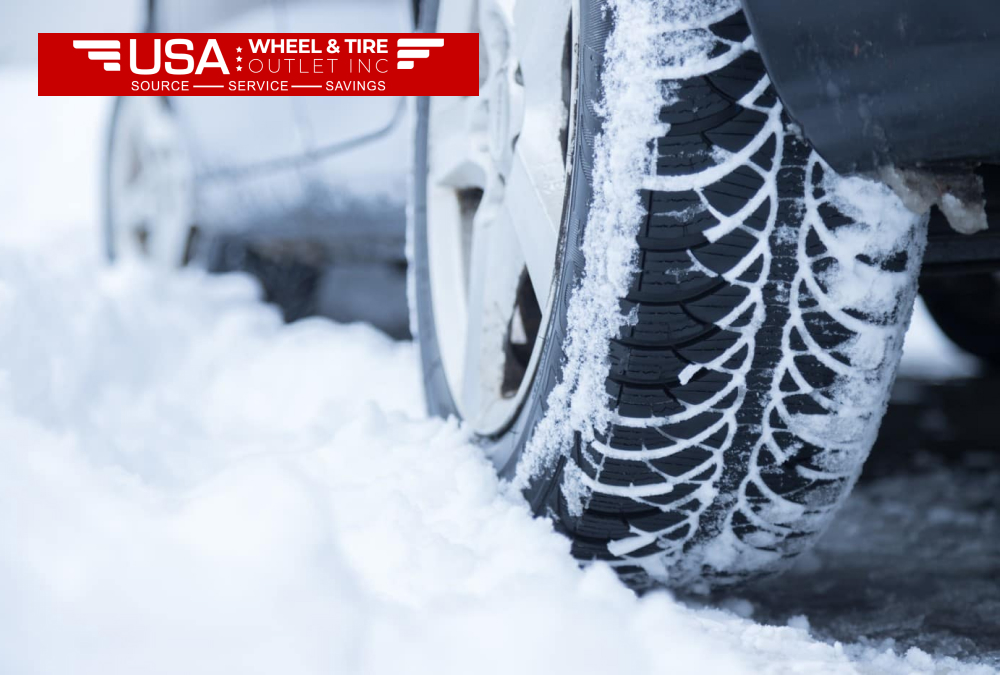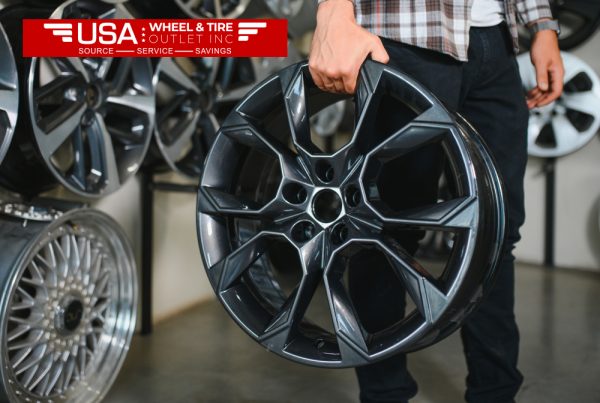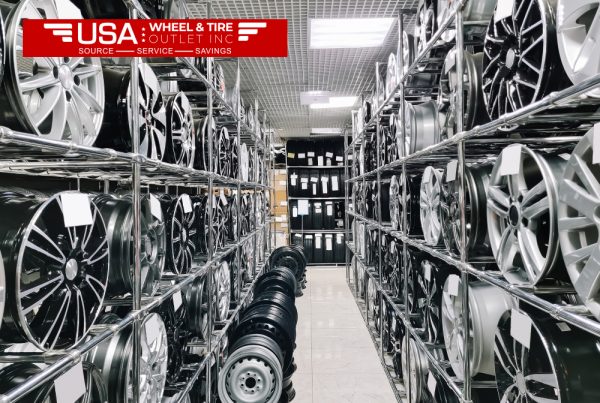The tires are one of the most prominent parts on your automobile in regards to safety and performance. However, the very right tires often steal the show sometimes. They can go a long way in dictating how your car is performing in terms of mileage, safety, or even handling. Seasonal usage thus becomes one of the major choices drivers have to make. The importance of seasonal tires will thus be discussed, as well as how they can enhance your driving experience.
What Are Seasonal Tires?
Seasonal tires are designed to function the best when utilized during specific seasonal conditions. There are three major seasonal tires: summer tires, winter tires, and all-season tires. All these types of tires are made with respective conditions in mind, so it is very important to choose the seasonal tire that is appropriate for the season.
Summer Tires
Actually, the summer tire’s original purpose was for high-temperature conditions, though it has a great performance on dry road and wet road. Key features include:
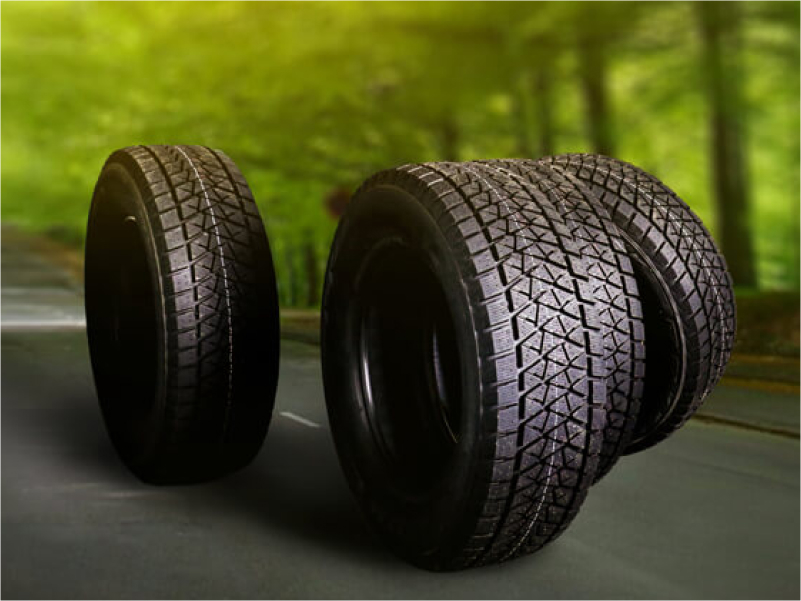
Tread Design: Summer tires have a smooth tread pattern, which seems to improve the contact between the tire and the road surface in terms of traction and responsiveness.
Rubber Composition: Rubber used remains flexible with warmth and allows improved grip and responsiveness.
Performance: They are very good in high-speed driving and cornering, so most of the performance car lovers are their fans.
Disadvantage: with such tires is it will lose grip under cold temperature condition and unable to use in snow or ice condition as rubber hardens and loses the efficiency,
Winter Tires
Winter Tires are used for snowy and icy weather. Its characteristics include:
Deeper tread, aggressive pattern: Tires designed specifically for winter have deeper treads and more aggressive patterns to help channel snow and water while minimizing the occurrence of hydroplaning and making it easier to have better grip on slippery surfaces.
Softer rubber compound: The rubber is softer and remains more pliable at freezing temperatures than with summer or all-season tires.
Metal Studs: Some manufacturers fit their winter tires with metal studs to provide higher traction on icy roads. However, these are usually restricted by local regulations.
Advantage: Winter tires provide a big advantage to safety when the weather is cool enough because they are designed for conditions that summer tires cannot handle.
All-Season Tires
All-season tires are the compromise between summer and winter tires. For regions that have the weather somewhat moderate, such tires make for a popular choice. They offer all:
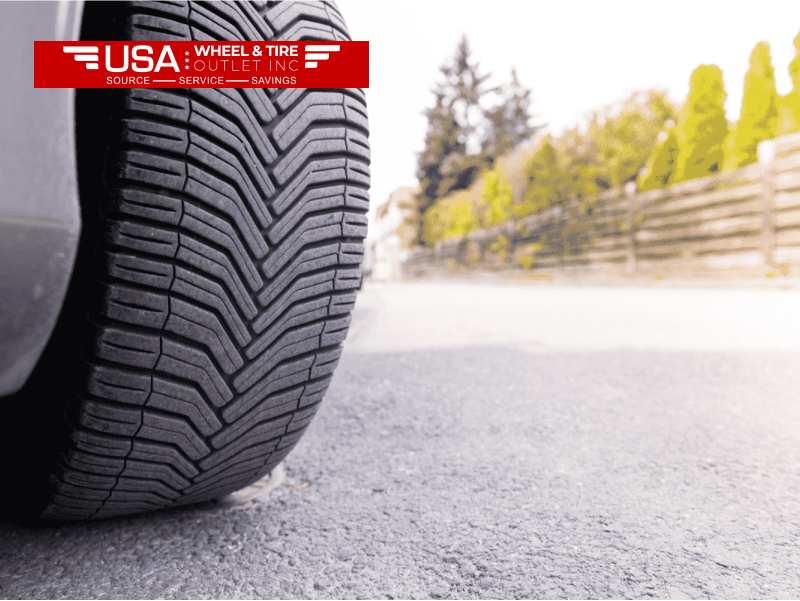
Versatility: The ability to handle a variety of conditions-ranging from dry roads to light snow-all-season tires are easy for drivers who do not need to change the tires seasonally.
Average performance: They deliver reasonable all-year-round performance but are not efficient in extreme temperatures-whether that’s extremely hot or cold.
While it can be a good alternative for some drivers, dedicated seasonal tires can be as good as the all-season ones, but such vehicles often are lacking in performance when living in an area that is known to be harsh during winter and or extreme summer heat.
Why Seasonal Tires Matter
Improved Safety
The most important reason for investing in seasonal tires is safety. The right set of tires to use for the season significantly reduces the chances of accidents. For instance, there are winter tires that offer better grip to the road on snowy or ice-clad roads and ensure minimal stopping distances. Summer tires ensure better handling and braking performance on dry roads, which is necessary for control.
Better Performance
Seasonal tires are made to be specifically used in certain conditions, so you can expect the car to perform better. Whether it is cornering better on dry tarmac or has a better grip on wet and snowy surfaces, the right application of tires can make all the difference to your car’s response to driver input.
Longer Life of Tires
Seasonal tires are used to prolong the life of your tires, and one example is where winter tires could be worn faster if used during summer, while summer tires when put in use during winter may quickly degrade due to the unfavorable weather. This means seasonal tire change will give the best length of usage for your tire investment.
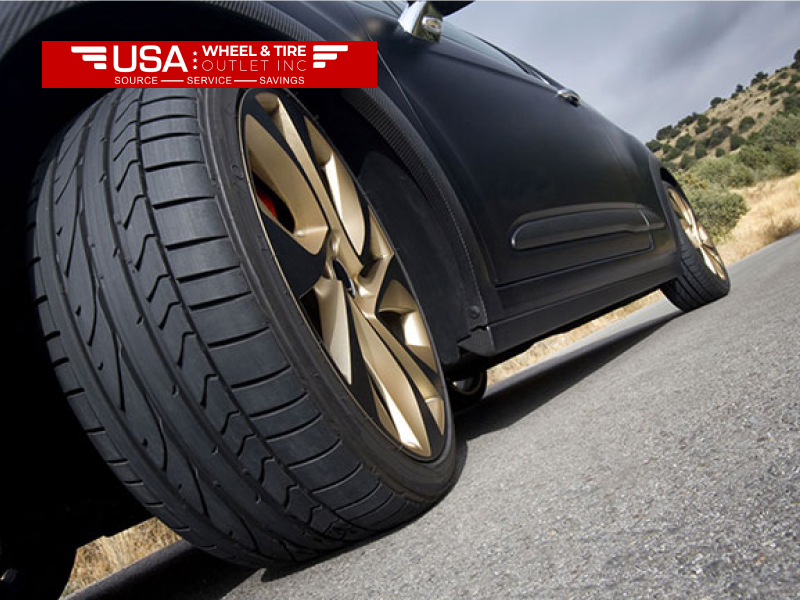
Economy
Although some people might be hesitant in spending on multiple sets of tires, most of the long-run benefits usually surpass the cost of acquiring them in the short run. Seasonal tires help one use less fuel, have reduced wear on tires, and less accidents happening, which saves quite a lot in terms of repair costs and insurance.
Conclusion
The correct selection of tires for your car plays an important role in factors such as safety, performance, and longevity. Whether you’re considering summer tires, winter tires, or all-season tires, each is designed for specific driving conditions. By understanding these options and purchasing a quality set from USA Wheels and Tires for the season, you’ll enhance your driving safety and protect your vehicle investment. Whether you’re navigating winter storms or enjoying warm summer drives, choosing the right tires from USA Wheels and Tires will make all the difference.
Read Also: Tractor Tires Tread Pattern: What It Says
FAQs Over Seasonal Tires
1. What are seasonal tires?
Seasonal tires refer to those that have been designed for different conditions: summer tires for warm, dry conditions; winter tires for cold, snowy, and icy conditions; and all-season tires for more average climates.
2. Why should I use winter tires?
Winter tires have a better grip and control in snow and ice as the tread pattern is different and rubber compound softer compared to other tires, which further enhances safety in aggravated winter conditions.
3. Can I drive on summer tires during the wintertime?
No, because the summer tires do not work well in winter conditions. They lose grip in cold temperatures and even can harden so much that the traction on snow or ice is reduced
4. Need to get an all-season tire?
All-season tires are very versatile but will never be as good as a dedicated summer or winter tire when it comes to extreme conditions. They work best in mild climates with a minimal change of the seasons.
5. How often to change the tires?
Change the tire according to the seasons of the year, winter tires before snow starts falling and to summer or all-season tires once temperatures become frequently higher than 45°F (7°C).

